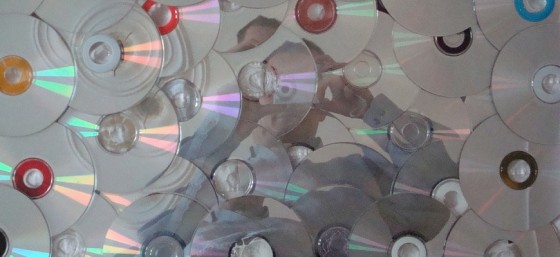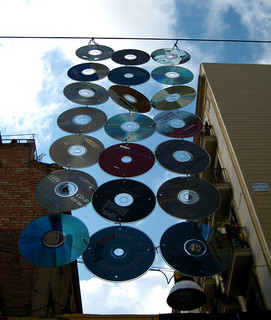Here’s the scenario: You’re out to dinner with a group of friends. You ask your server to take a picture of your group with your phone. Your server obliges. The image is on your device; but who owns the copyright – you, the server, or the restaurant?
To get a copyright, you need an original work of authorship that is fixed in a tangible medium. Taking a photograph of a group of people constitutes an original work fixed in a tangible medium, even when it’s just a digital file on your phone. The copyright holder has the exclusive right to control where their work is copied, distributed, displayed, performed, and what derivative works can be made from it. This person has these rights the moment a work is created – they don’t have to register their work with the U.S. Copyright Office to obtain these rights.
Given this information, who owns the copyright in this situation?
Is it You?
You orchestrated the photo and it’s on your phone. You may be the only one who can physically copy, distribute, and use the photo – at least in regards to the first time it appears away from your device. I can’t say for certain that the law would say you’re the copyright holder since you didn’t physically push the button to create the photo, it’s unlikely that anyone would challenge you for copyright rights.
Is it the Server?
If it wasn’t for the server, this photo as it is wouldn’t exist. From that perspective, the server could argue that he/she owns the copyright since he/she pushed the button that created the image.
Is it the Restaurant?
If your job involves creating intellectual property, your employer is the author and owner of all the intellectual property you create while performing your job tasks. However, a server’s job isn’t to create intellectual property; their job is serving food and providing customer service. The restaurant probably doesn’t have any claim to the copyright in the image.
A restaurant may have policy on their social media profiles or posted in the restaurant that says you grant them a license to use any content you post about them. If you post the image online, they may be able to use the image without asking for additional permission, but they still don’t own the copyright.
So who’s the copyright holder – the server or the person who owns the camera? I’m not sure. I’d have to evaluate the specific facts of the situation. But here’s my question: does it matter? What is the likelihood that there are going to be problems related to this image? Will the server ever see or care if you post the photo? Probably not. And even if they do, I suspect he/she won’t care.
Copyright is a complicated issue, especially when it involves the internet. If you want to chat more about this topic, you can contact me directly or connect with me on Twitter, Facebook, YouTube, or LinkedIn.




